Home / india / Sukhbir Badal Begins Religious Punishment at Golden Temple with Public Apology
Sukhbir Badal Begins Religious Punishment at Golden Temple with Public Apology
By: My India Times
2 minutes read 44Updated At: 2024-12-03
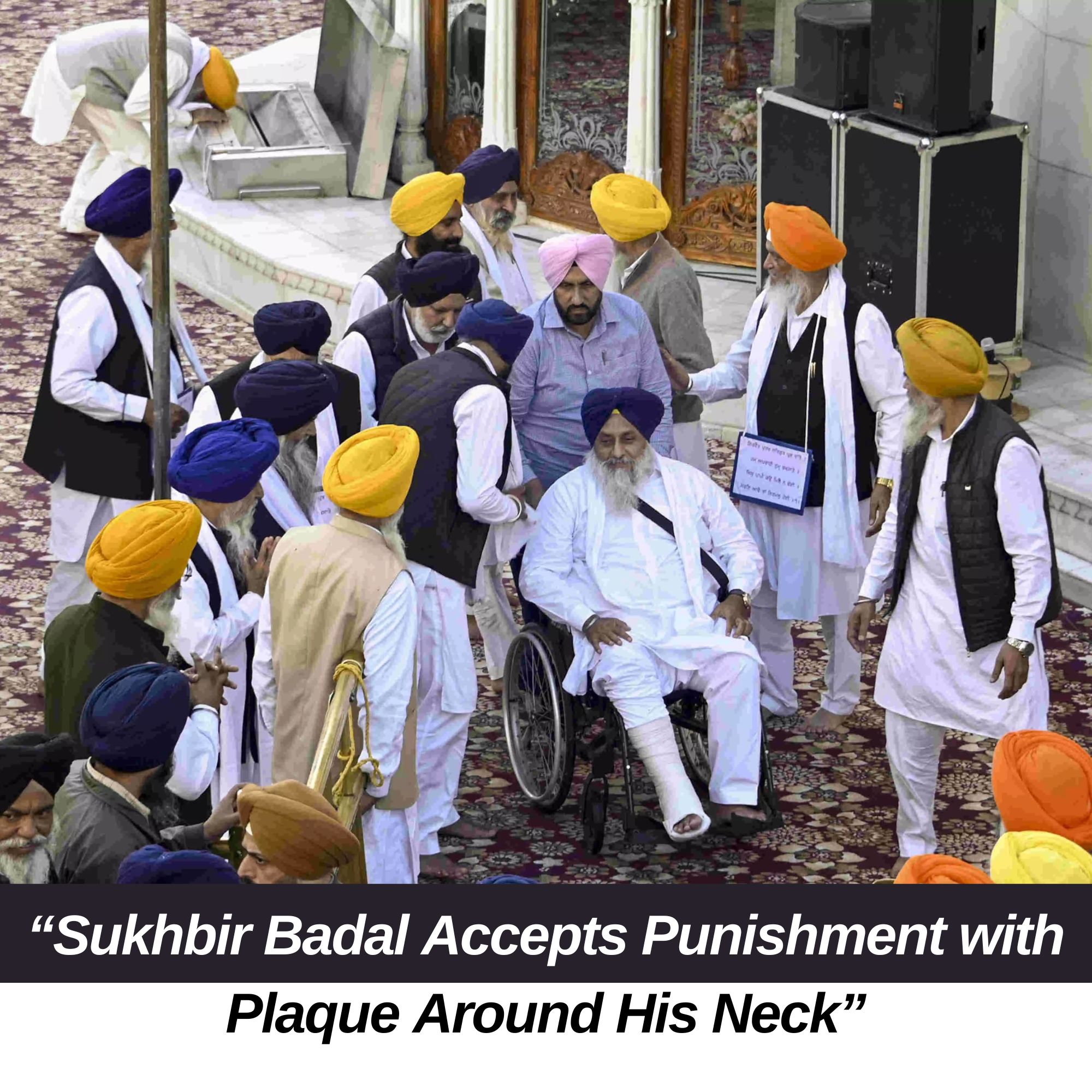
Sukhbir Singh Badal, the president of the Shiromani Akali Dal and former Deputy Chief Minister of Punjab, has commenced his religious punishment as decreed by the Akal Takht. This decision comes in light of his alleged involvement in favoring Dera Sacha Sauda chief Gurmeet Ram Rahim during the controversial 2015 sacrilege case.
In a symbolic act of repentance, Mr. Badal was seen at the Golden Temple in Amritsar, sitting humbly in a wheelchair at the sacred site’s entrance. Around his neck hung a plaque, signifying his acceptance of the Akal Takht’s directives. Holding a spear as a traditional symbol, Mr. Badal’s demeanor reflected submission to the authority of Sikhism's highest temporal body.
Duties as Part of the Punishment
As part of the 'tankhah' (religious penalty), Mr. Badal is required to perform the duties of a sewadar (volunteer) in several gurdwaras, including tasks such as cleaning toilets, washing utensils, and working in community kitchens. The sentence also mandates that he clean bathrooms at the Golden Temple for an hour daily, followed by bathing and serving meals in the langar (community kitchen).
Accompanying Mr. Badal in these duties is senior Akali Dal leader and his brother-in-law, Bikram Singh Majithia, who also began fulfilling his punishment by washing utensils at the temple. The public nature of these tasks underscores their penitence and is intended to demonstrate accountability to the Sikh community.
The Sacrilege Case and Its Aftermath
The 2015 sacrilege incident, which involved the desecration of the Guru Granth Sahib, deeply hurt the sentiments of Sikhs worldwide. The alleged support extended by Mr. Badal and his party to Gurmeet Ram Rahim caused outrage, leading to this significant action by the Akal Takht.
On Monday, the five high priests of Sikhism announced the 'tankhah' after deliberating on the issue. The Akal Takht Jathedar, Giani Raghbir Singh, further directed the Shiromani Akali Dal’s working committee to accept Mr. Badal's resignation as party president. This reflects a broader call for leadership accountability within the organization.
Revocation of Honour for Parkash Singh Badal
In a parallel move, the Akal Takht also revoked the prestigious Fakhr-e-Qaum (Pride of the Sikh Community) title previously awarded to Mr. Badal’s late father, Parkash Singh Badal, in 2011. The decision to strip the former Punjab Chief Minister of this honour highlights the seriousness of the allegations and the community’s resolve to maintain spiritual integrity.
A Public Display of Repentance
The punishment imposed on Mr. Badal is not merely symbolic but also serves as a reminder of the consequences of actions that violate the community's trust. The visual of a prominent political figure performing humble duties at one of Sikhism’s holiest sites reflects the importance of accountability and spiritual reconciliation.
The sacrilege case and its fallout have left a lasting impact on Punjab's socio-religious fabric. By adhering to the directives of the Akal Takht, Sukhbir Badal is taking a step, albeit compelled, towards repairing the damage caused to his relationship with the Sikh community. Whether this act of public repentance will restore faith in his leadership remains to be seen.
....Sukhbir Singh Badal, the president of the Shiromani Akali Dal and former Deputy Chief Minister of Punjab, has commenced his religious punishment as decreed by the Akal Takht. This decision comes in light of his alleged involvement in favoring Dera Sacha Sauda chief Gurmeet Ram Rahim during the controversial 2015 sacrilege case.
In a symbolic act of repentance, Mr. Badal was seen at the Golden Temple in Amritsar, sitting humbly in a wheelchair at the sacred site’s entrance. Around his neck hung a plaque, signifying his acceptance of the Akal Takht’s directives. Holding a spear as a traditional symbol, Mr. Badal’s demeanor reflected submission to the authority of Sikhism's highest temporal body.
Duties as Part of the Punishment
As part of the 'tankhah' (religious penalty), Mr. Badal is required to perform the duties of a sewadar (volunteer) in several gurdwaras, including tasks such as cleaning toilets, washing utensils, and working in community kitchens. The sentence also mandates that he clean bathrooms at the Golden Temple for an hour daily, followed by bathing and serving meals in the langar (community kitchen).
Accompanying Mr. Badal in these duties is senior Akali Dal leader and his brother-in-law, Bikram Singh Majithia, who also began fulfilling his punishment by washing utensils at the temple. The public nature of these tasks underscores their penitence and is intended to demonstrate accountability to the Sikh community.
The Sacrilege Case and Its Aftermath
The 2015 sacrilege incident, which involved the desecration of the Guru Granth Sahib, deeply hurt the sentiments of Sikhs worldwide. The alleged support extended by Mr. Badal and his party to Gurmeet Ram Rahim caused outrage, leading to this significant action by the Akal Takht.
On Monday, the five high priests of Sikhism announced the 'tankhah' after deliberating on the issue. The Akal Takht Jathedar, Giani Raghbir Singh, further directed the Shiromani Akali Dal’s working committee to accept Mr. Badal's resignation as party president. This reflects a broader call for leadership accountability within the organization.
Revocation of Honour for Parkash Singh Badal
In a parallel move, the Akal Takht also revoked the prestigious Fakhr-e-Qaum (Pride of the Sikh Community) title previously awarded to Mr. Badal’s late father, Parkash Singh Badal, in 2011. The decision to strip the former Punjab Chief Minister of this honour highlights the seriousness of the allegations and the community’s resolve to maintain spiritual integrity.
A Public Display of Repentance
The punishment imposed on Mr. Badal is not merely symbolic but also serves as a reminder of the consequences of actions that violate the community's trust. The visual of a prominent political figure performing humble duties at one of Sikhism’s holiest sites reflects the importance of accountability and spiritual reconciliation.
The sacrilege case and its fallout have left a lasting impact on Punjab's socio-religious fabric. By adhering to the directives of the Akal Takht, Sukhbir Badal is taking a step, albeit compelled, towards repairing the damage caused to his relationship with the Sikh community. Whether this act of public repentance will restore faith in his leadership remains to be seen.
By: My India Times
Updated At: 2024-12-03
Tags: india News | My India Times News | Trending News | Travel News
Join our WhatsApp Channel




.webp)


.webp)
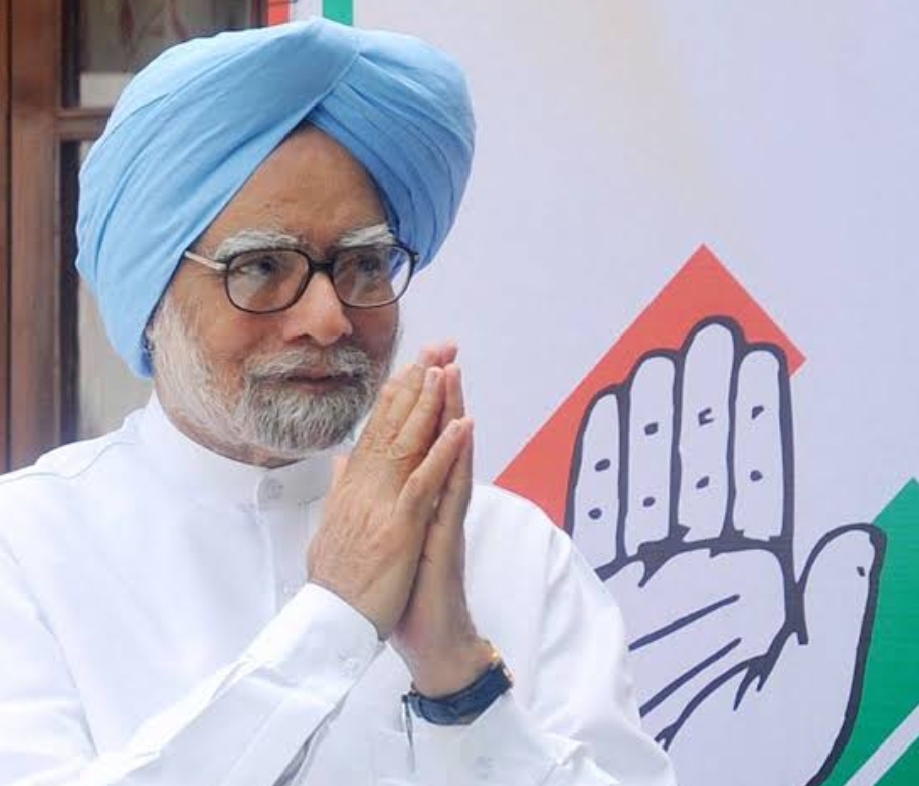

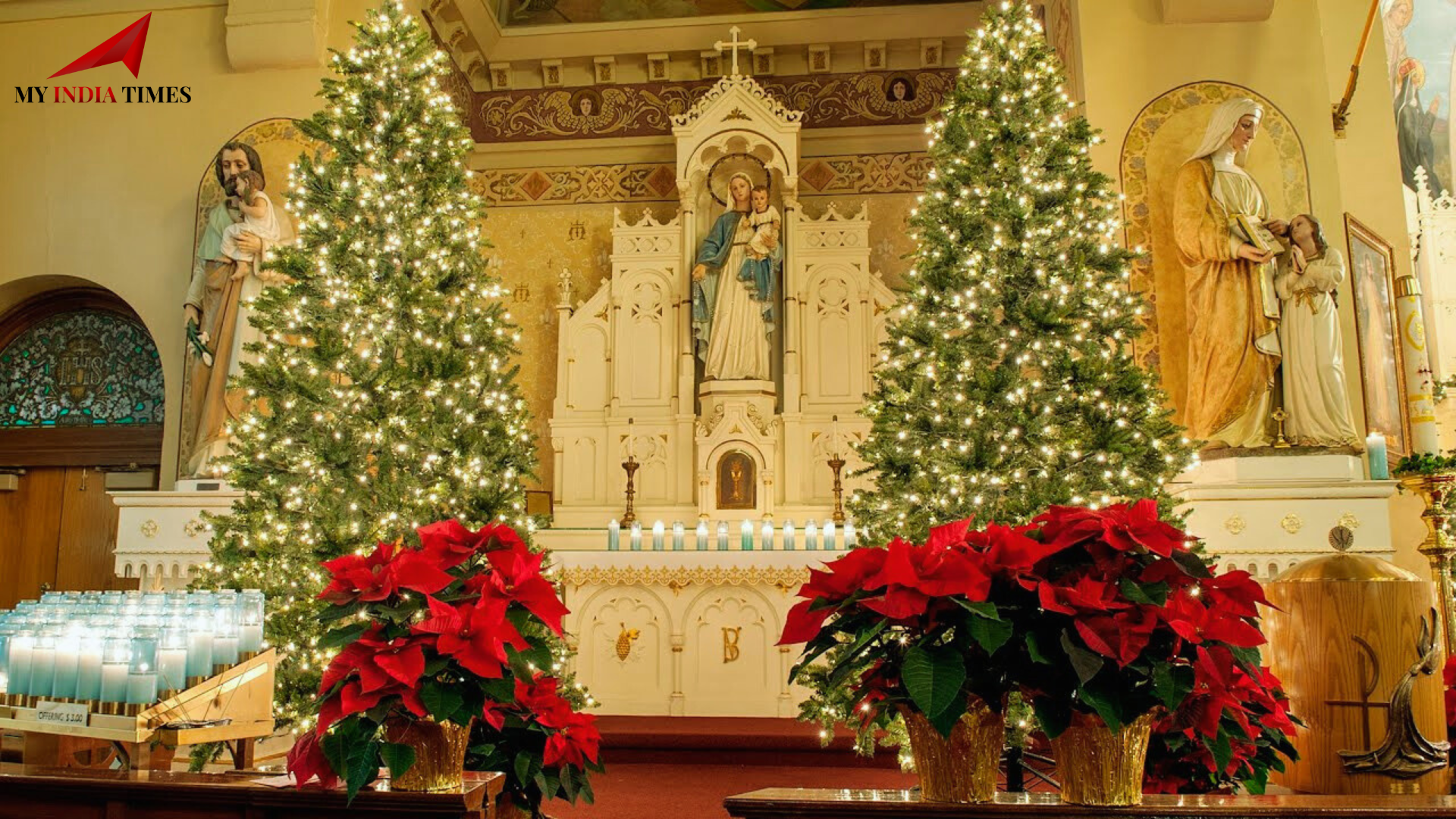





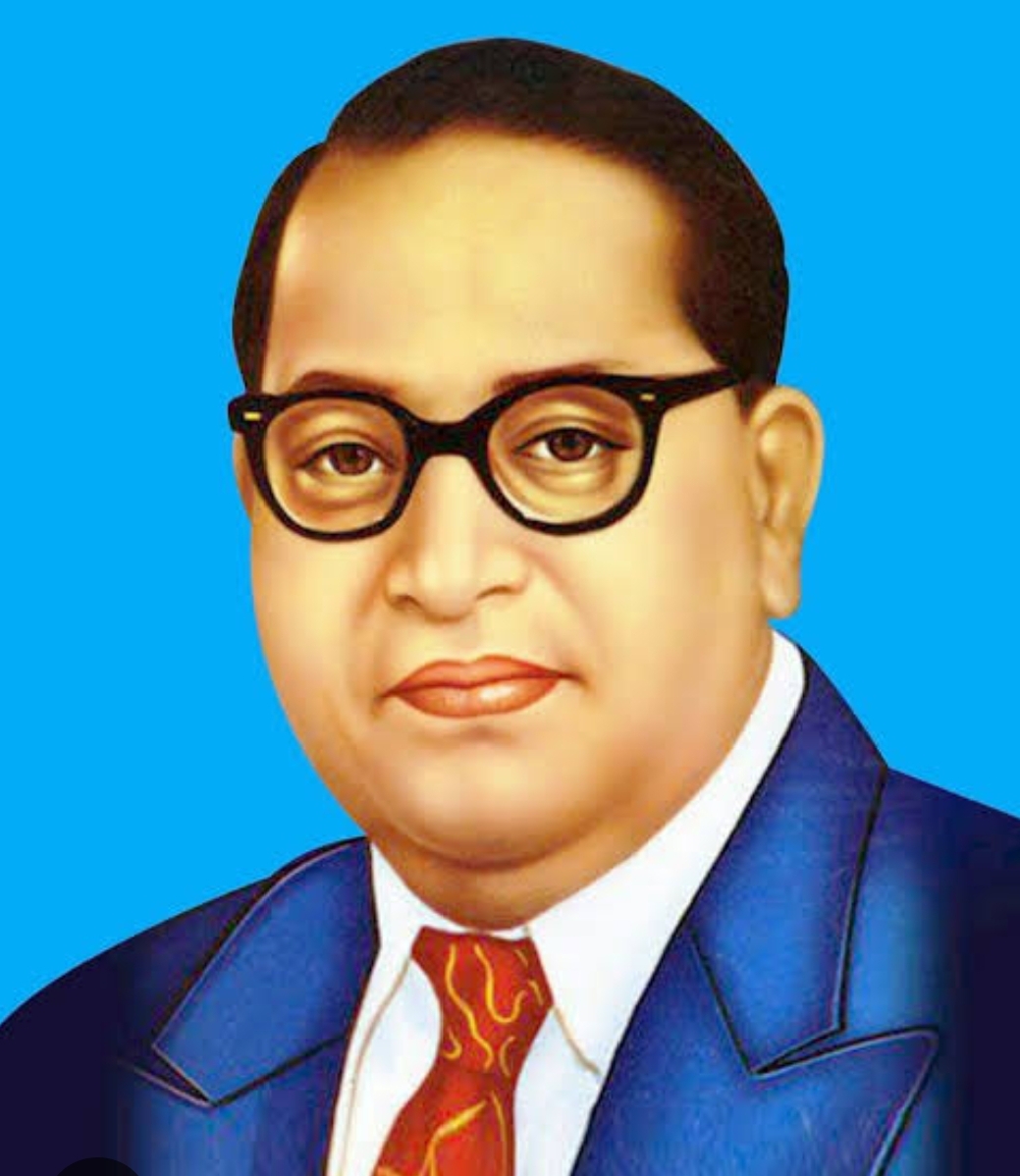

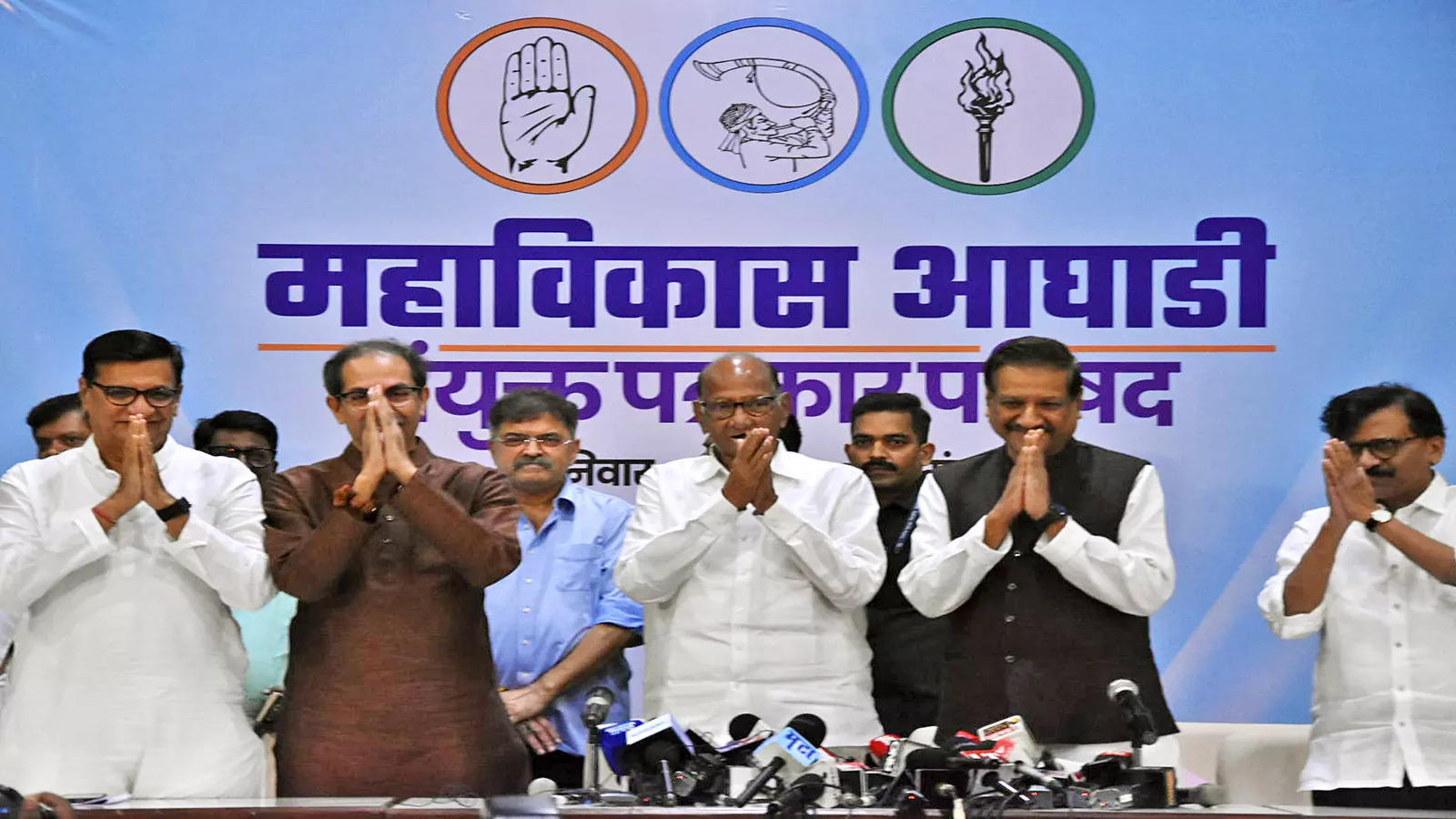
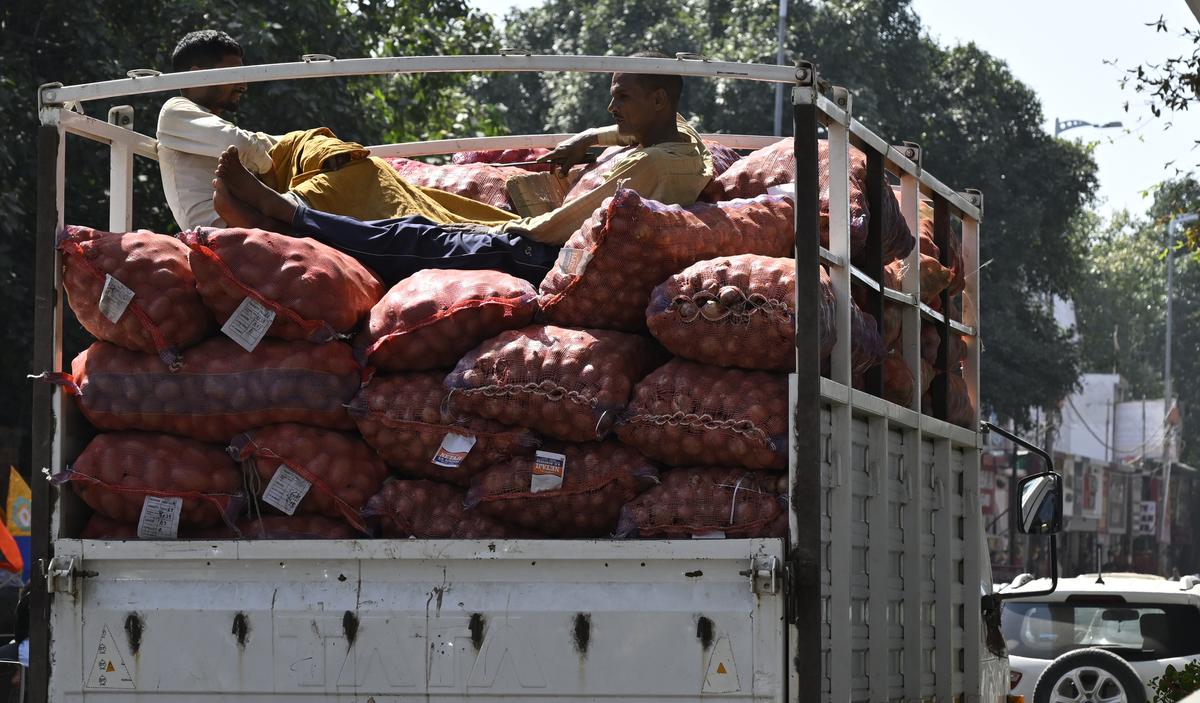

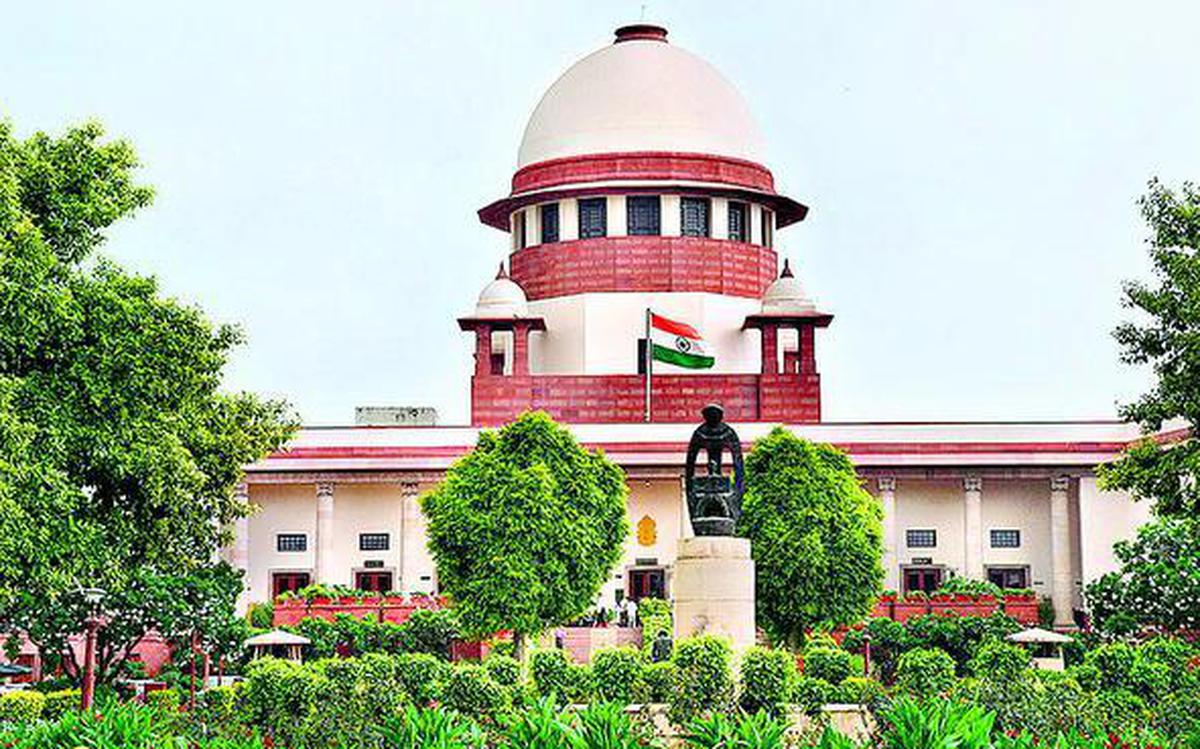

























































































.png)
 (1).png)























